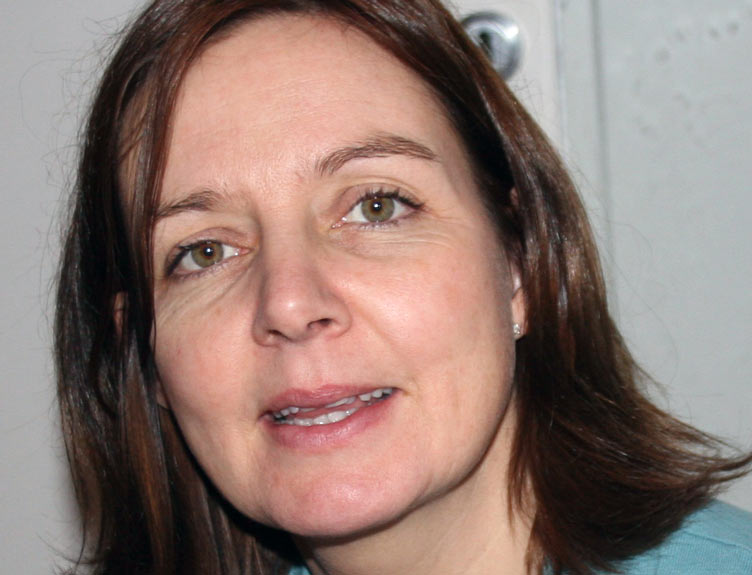Computer games and balance rehabilitation study

Patients with neurological and vestibular diseases could benefit after a HRB-funded study, led by RCSI Researcher Dara Meldrum, opens the possibility of incorporating popular video games consoles into balance rehabilitation programmes.
"Balance problems are common in patients with neurological and vestibular disease, and they can have a serious impact on normal daily life," according to Dara Meldrum, Lecturer in Physiotherapy and Health Research Board (HRB) Research Fellow, in the School of Physiotherapy at RCSI.
"Plus, these patients are at a higher risk of fall injuries which can place significant demand on hospital services. While there is strong evidence that exercise programmes can improve balance, in practice it can be hard to get patients to stick to their programmes, simply because these exercises can be repetitive and boring and appear not related to daily life."
"We wanted to see if a computer games console - the Nintendo Wii Fit Plus - was sufficiently 'usable' to enable physiotherapists to consider using it to come up with new balance rehabilitation programmes. For the patients, it had to be easy to use, safe, provide them with some level of feedback on what they were doing, and hopefully be more enjoyable than conventional exercises. The net effect would be to encourage better compliance with their rehab programmes," she continued.
Participants were aged between 18 and 70, with a mean age of 43 and took part in a 30-minute session using exercises and games. After sessions, they rated the system usability according to a structured set of metrics called a System Usability Scale (SUS), and answered a questionnaire on their experience and opinions of the Nintendo Wii Fit Plus (NWFP) in relation to their usual rehab.
"The system scored very high on usability, 88% said that they would like to use it in future treatment, 73% reported that the NWFP motivated them more than usual physiotherapy treatment, and 69% reported more enjoyment than usual treatment," added Meldrum.
"We have established that there is definite potential to improve balance rehabilitation with the NWFP. The next challenge will be to design new balance rehabilitation programmes which incorporate suitable exercises and games for optimum recovery."
Enda Connolly, Chief Executive of the Health Research Board, concluded: "It is great to see the rapid advances in gaming technology being recognised and assessed for suitability for use in innovative healthcare programmes. There is a double benefit as this has the potential to improve patient outcomes, and also has an obvious preventative effect. If we can improve people's balance and avoid unnecessary falls in the first instance, we reduce overall pressure and demand on scarce health services."
The full paper is available here.



